Scenes For A Revolution (1991)
Genre : Documentary
Runtime : 1H 44M
Director : Marc Karlin
Synopsis
The film is about aftermaths and reckonings. Revisiting material for his earlier 4-part series, Karlin returns to Nicaragua to examine the history of the Sandinista government, consider its achievements, and assess the prospects for democracy following its defeat in the general election of 1990.

The First Year tells the inside story of Jamie Driscoll’s first 12 months as the new North of Tyne Mayor.
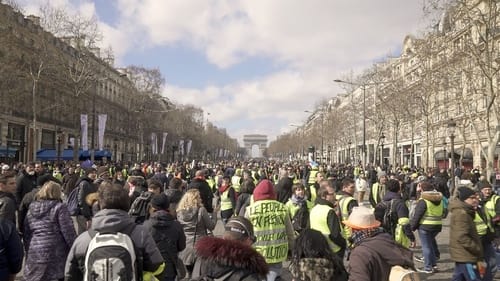
October 2018, France. Macron’s government decrees a tax increase on the price of fuel. A wave of protests starts to grow. Citizens mobilize throughout the country: this is the beginning of the Yellow Vests movement. In Chartres, a group of men and women gather daily. Among them, Agnès, Benoît, Nathalie and Allan commit themselves to the collective struggle. Like a whole nation, they discover that they have a voice to be heard...

A portrait of the leading female Bolshevik (and later Worker’s Opposition) revolutionary leader Alexandra Kollontai using her own words.
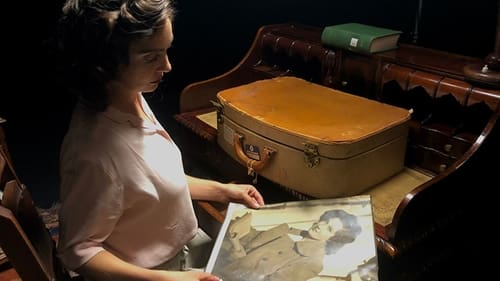
Some time after her death, film director Jill Craigie (1911- 99), re-opens an old suitcase, prompting memories of the extraordinary life and loves of this forceful, charismatic woman, whose work has been long neglected. Craigie was one of the first women to direct documentaries. Working outside the British Documentary Movement in the 1940s and early 1950s, her films such as To Be Woman (1951), on equal pay, and Out of Chaos (1944), the first film about artists at work, featuring Henry Moore and Paul Nash, tackled new subjects for the cinema through a unique blend of drama, polemic and humour. Independent Miss Craigie uses the director’s unseen papers, and her films, to reveal her energetic struggles to get her radical projects made and distributed, including her last one, on the Yugoslav conflict, made when she was 83, with her husband, former Labour leader, Michael Foot.
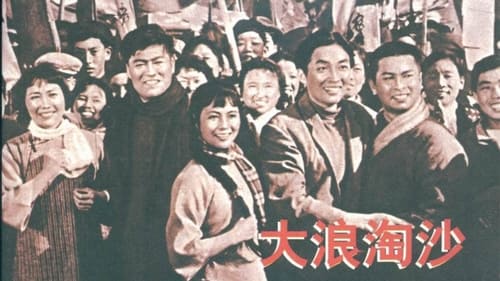
Based on Zhu Dao-Nan's memoir "In the Flood of the Great Revolution", the film reproduces the historical picture of the changing circumstances of China before and after the Great Revolution through the pursuit, struggle and differentiation of young intellectuals such as Jin Gong-Shou, Gu Da-Ming, and Yang Ru-Kuan in the revolutionary tide.
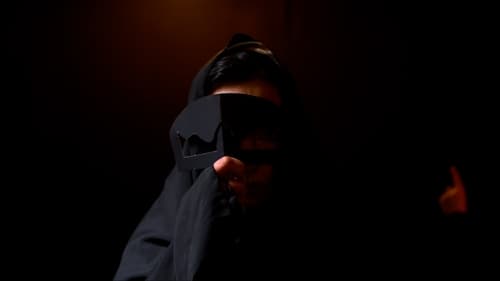
This piece is inspired by the memoirs of Sepideh Gholian. A prisoner of conscience at 26 years old in Bushehr prison, Iran.

Revolutions on Granite is a documentary about Maidan Nezahlezhonsti, a public square in the heart of Kyiv, Ukraine — famously home to a number of political revolutions, but also the birthplace of a cultural revolution after the fall of the Iron Curtain. The film takes a look at the burgeoning skateboard scene at Maidan in the early 1990’s, and investigates the idea of a counterculture being created in a place of strict uniformity.

Thirty years after the end of the Lebanese Civil War (1975-1991), a filmmaker seeks to explore the trauma inflicted by the war on her family. Reverberations traces the history and politics of a nation in disarray in an intimate mother-daughter portrait that unravels the trauma that defined an era lost to history and a generation’s silence about its long-standing effects.
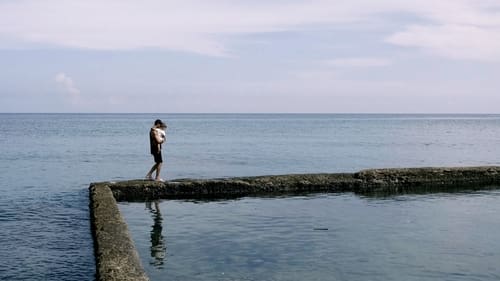
Climate change is among the world’s greatest challenges. As a small Caribbean island, Cuba is disproportionately affected by climate change through extreme weather events. Up to 10% of Cuban territory could be submerged by the end of the century, wiping out coastal towns, polluting water supplies, destroying agricultural lands and forcing one million people to relocate. Finding solutions is now essential. In this documentary, Dr Helen Yaffe goes to Cuba to find out about ‘Tarea Vida’ (Life Task), a long-term state plan to protect the population, environment and the economy from climate change. The Cuban approach combines environmental science, natural solutions and community participation in strategies for adaptation and mitigation. Produced by DaniFilms with Dr Helen Yaffe from the University of Glasgow for the COP26 conference in Glasgow.
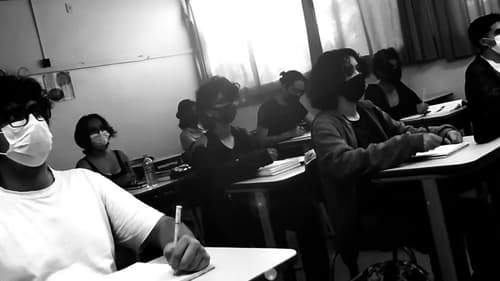

Here and Elsewhere takes its name from the contrasting footage it shows of the fedayeen and of a French family watching television at home. Originally shot by the Dziga Vertov Group as a film on Palestinian freedom fighters, Godard later reworked the material alongside Anne-Marie Miéville.
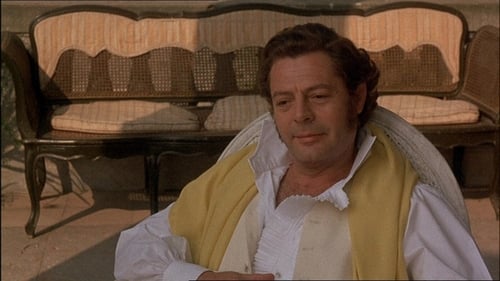
After the 1815 Restoration, an aging revolutionary finds himself reluctantly involved in an attempted insurrection in Southern Italy while growing increasingly disillusioned with his cause.
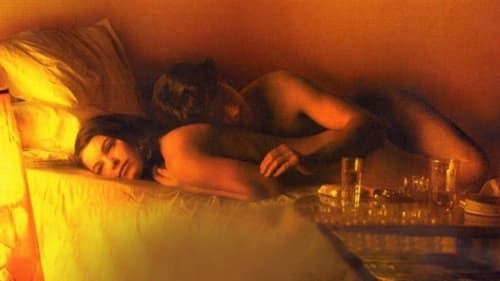
Joaquín Góñez, a novelist in his sixties recalls his emotions, his wild years in Buenos Aires, the memories of old friends, the meaning of loyalty and the intimate relationship with his mother, Roma.
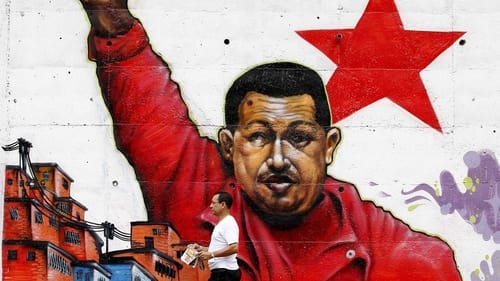
A road trip across five countries to explore the social and political movements as well as the mainstream media's misperception of South America while interviewing seven of its elected presidents.
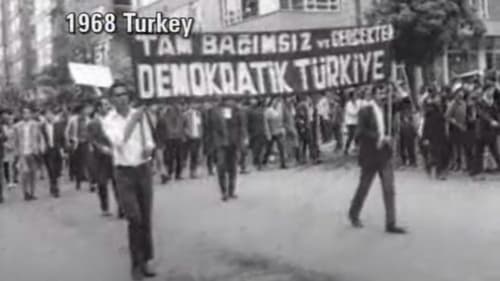
Year 1969 - in Turkey. 60s youth were living the most excited days. There was a great effort to make a bridge in Istanbul, on the Bosphorus. Meanwhile, on the eastern border of Turkey, in a Kurdish city between the borders of Iran and Iraq that is left to its destiny, in Hakkari, Zap River was taking lives since there were no passage on it.
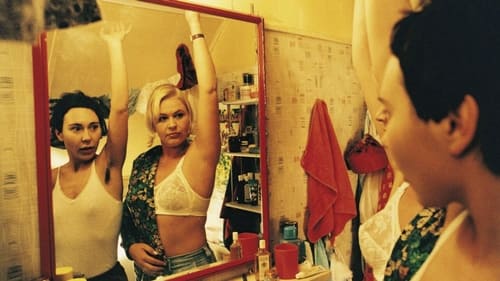
Elisabeth leaves her abusive and drunken husband Rolf, and goes to live with her brother, Göran. The year is 1975 and Göran lives in a commune called Together. Living in this leftist commune Elisabeth learns that the world can be viewed from different perspectives.
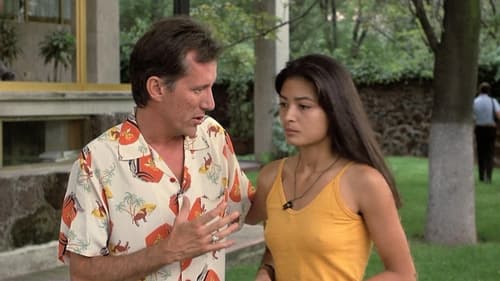
A second-rate journalist from the US tries his luck in El Salvador during the military dictatorship in the 1980s.
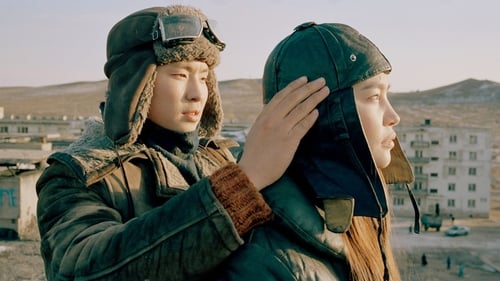
Set in the frozen steppes of Mongolia, a young nomad is confronted with his destiny after animals fall victim to a plague which threatens to eradicate nomadism.
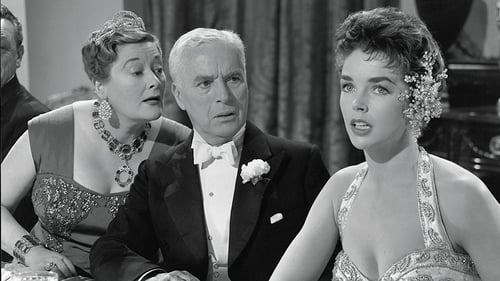
A recently-deposed "Estrovian" monarch seeks shelter in New York City, where he becomes an accidental television celebrity. Later, he's wrongly accused of being a Communist and gets caught up in subsequent HUAC hearings.

















